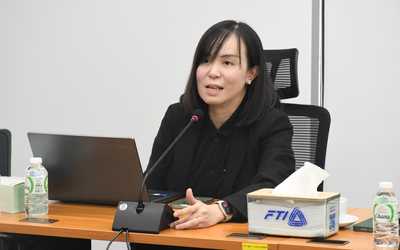Why Does the WTO Prohibit Export Subsidies But Not Import Tariffs?
Abstract
We develop a three-stage lobbying game to explain why the WTO prohibits export subsidies but not import tariffs. In this model, the government chooses trade policies (i.e., import tariffs or export subsidies) to maximize a weighted sum of social welfare and lobbying contributions. We argue that the economic rents from export subsidies cannot be contained exclusively within lobby groups because new capitalists, who will enter the growing export sector, freely benefit from export subsidies without paying political contributions at the time of lobbying. In the contracting import-competing industries, no new entrants erode the protection rents from tariffs. Therefore, the government receives large political contributions by protecting these import-competing industries. We show that, given that capital reallocation is costly, when the free-rider problem is severe the government will sign a trade agreement that prohibits only export subsidies.









